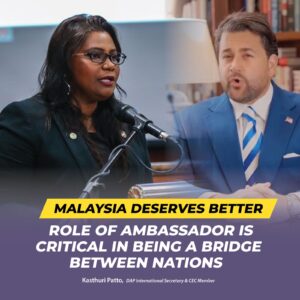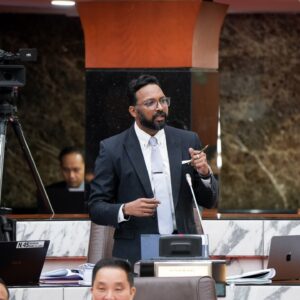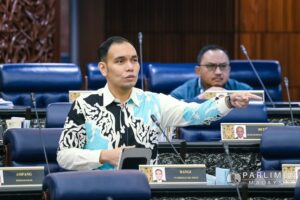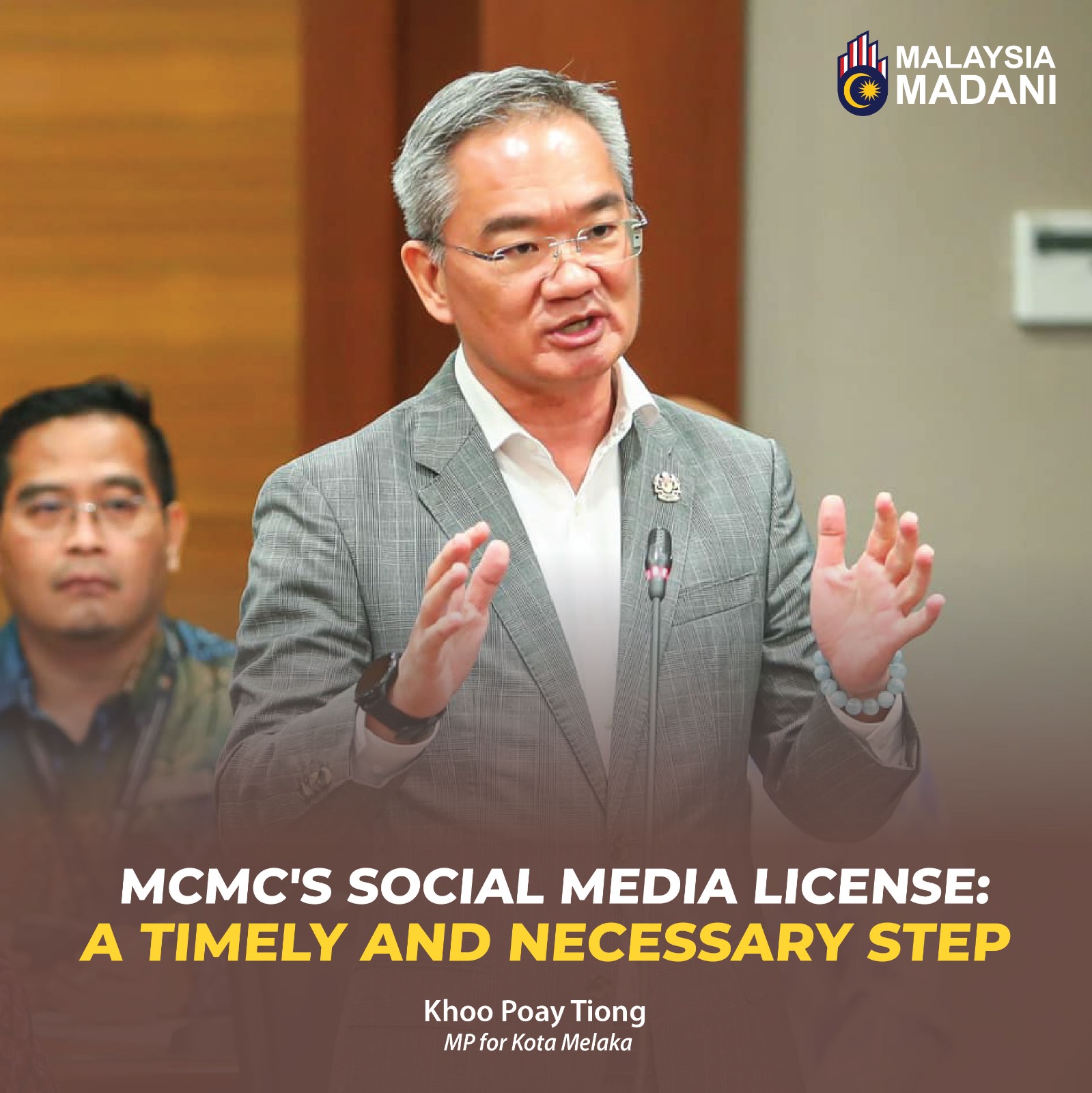
The Malaysian Communications and Multimedia Commission (MCMC)’s announcement on 27 July 2024 requiring major social media platforms to obtain a license to operate in Malaysia is a timely and necessary step.
Previously exempt from licensing under the Communications and Multimedia (Licensing)(Exemption) Order 2000, these platforms have failed to effectively address the escalating issues of scams, online gambling, and cyberbullying. The alarming rise in these online threats has created an unsafe digital environment for all users, particularly vulnerable groups such as children and the elderly.
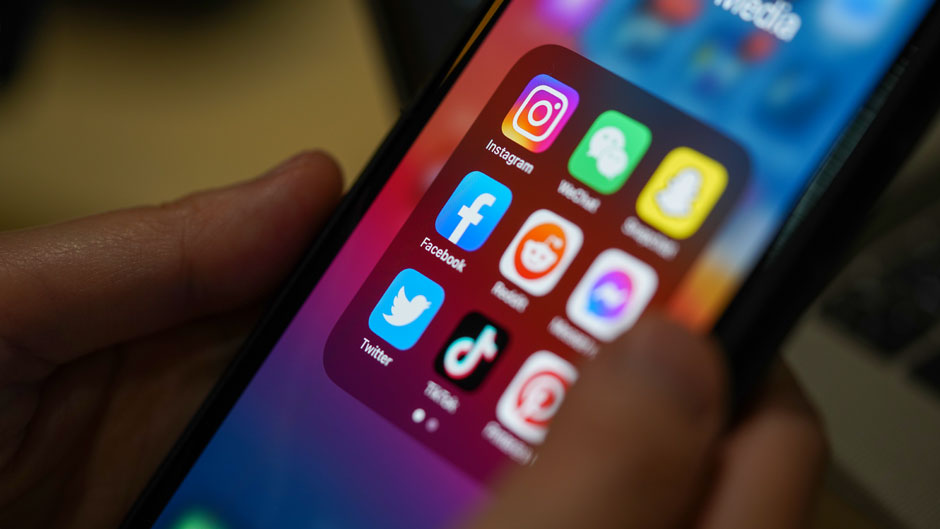
The presence of minors on social media platforms is a pressing concern. Despite platform guidelines setting a minimum age of 13, numerous children under this age are actively using these platforms. This exposes them to significant risks including online scams, cyberattacks, and abuse. The potential for emotional, psychological, and privacy-related harm is immense.
A 2022 study by ECPAT, INTERPOL, and UNICEF revealed that 100,000 children aged 12-17 were victims of online sexual exploitation and abuse in a single year. The surge in online fraud is equally alarming. PDRM data shows a doubling of fraud cases from 2019 to 2023, with significant losses and young victims. In January 2024 itself, PDRM had opened 69 investigation papers for love scam fraud, involving losses of RM1,834,795, with the youngest being in the 15-20 year old age group. Online gambling has also seen substantial growth, with suspicious transaction reports nearly doubling between 2019 and 2022. The recent tragic death of an influencer due to cyberbullying underscores the urgent need for stronger regulations.
Members of Parliament from both sides of the political divide have consistently called for tighter online controls [refer next page]. From concerns over the promotion of harmful content to demands for stricter cyber security measures, the need for regulation is evident.
Contrary to popular belief, MCMC does not have the ability to remove content on social media platforms, but rather require the decision and action to be made by the platform themselves.
Hence, while some argue that enhanced enforcement is sufficient, the reality is that social media platforms have demonstrated poor compliance with MCMC requests [X (25%), Telegram (65%), TikTok (76%), WhatsApp (79%), Facebook (85%) and Instagram (88%)].
Simply put, these platforms do not respond to MCMC! Hence, strengthening our regulatory framework by requiring social media platforms to become licensees of the MCMC, making them accountable to their actions, is a much needed action.
At this moment, online spaces are not safe for Malaysians. MCMC reports that among content removed from social media platforms, 53% is related to online gambling, 19% is related to online scams, 15% is related to fake news, and 6% each related to 3R issues and harassment.
We need strong actions which protect Malaysians, whilst not restricting the freedom of expression of Malaysians.
In conclusion, the MCMC’s decision to license major social media platforms is a crucial step towards creating a safer online environment. By imposing stricter regulations, we can better protect our citizens, especially children and vulnerable individuals, from the harms of the digital world.
Khoo Poay Tiong
Member of Parliament for Kota Melaka
